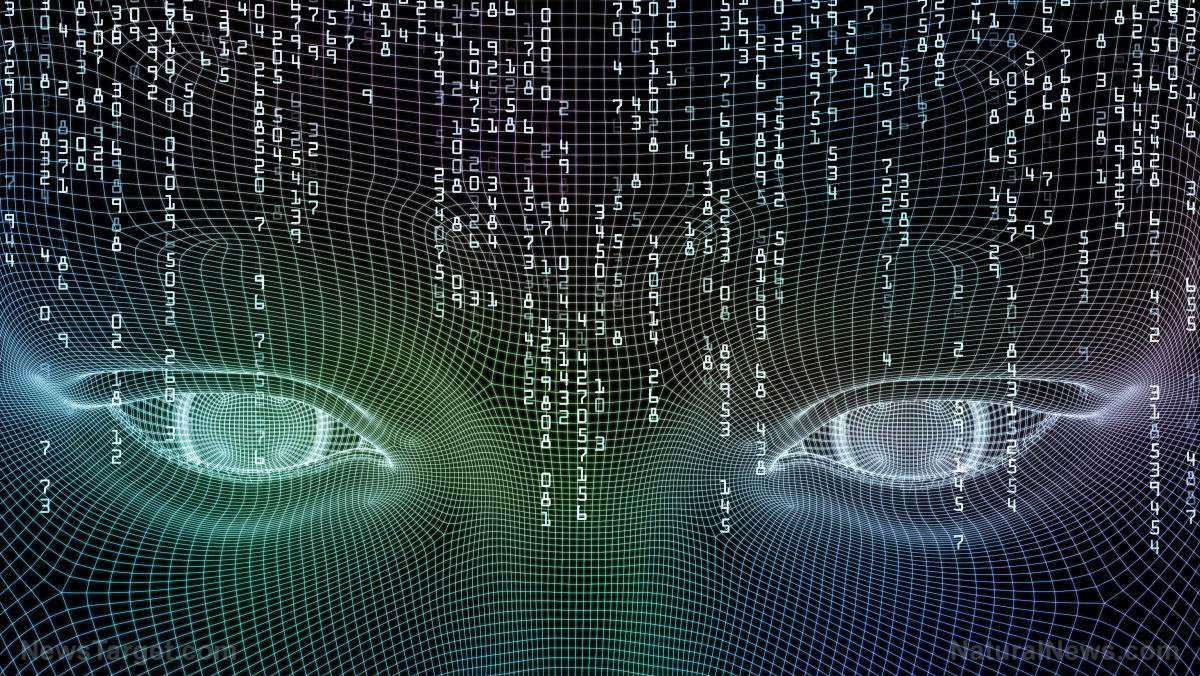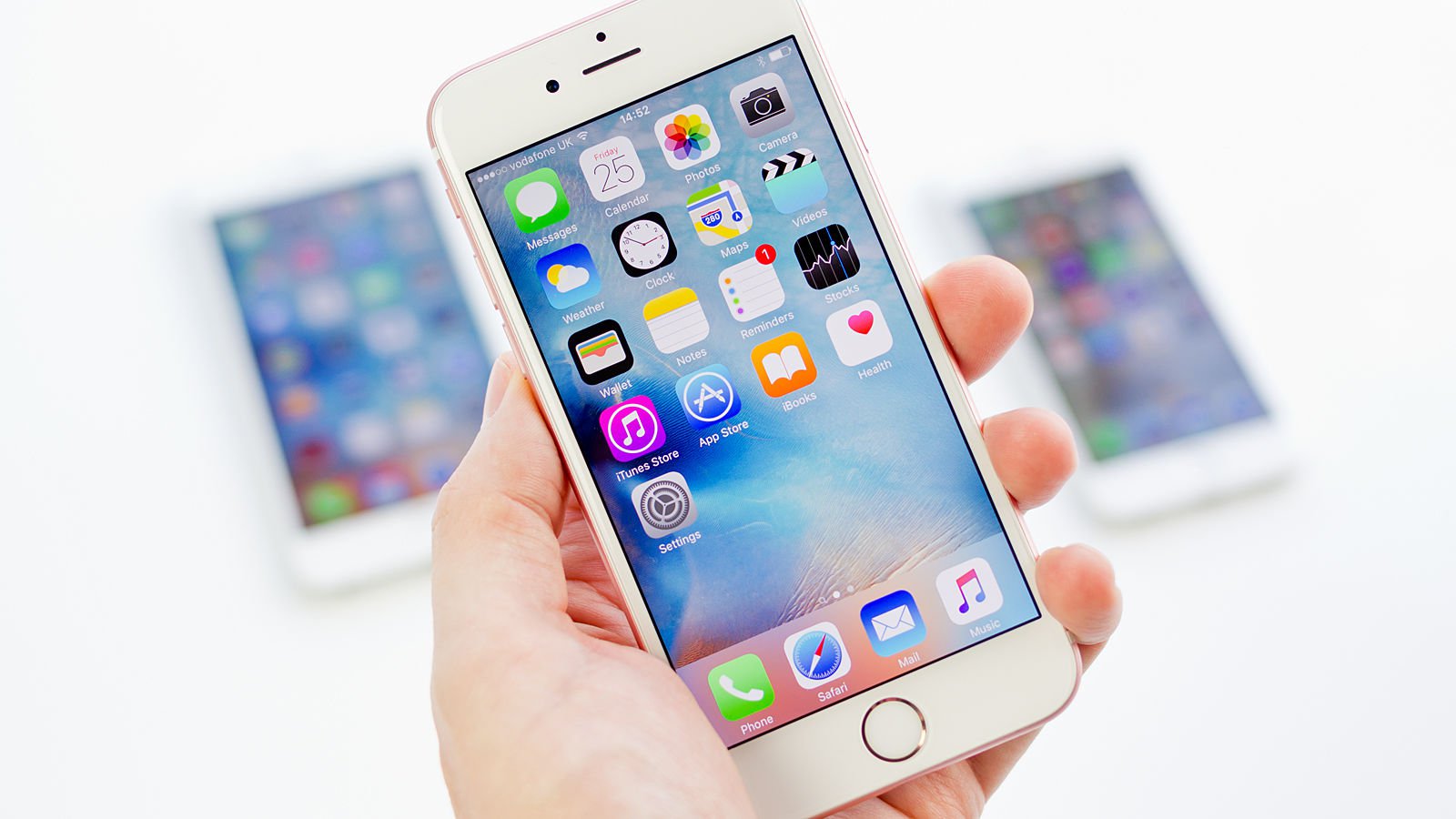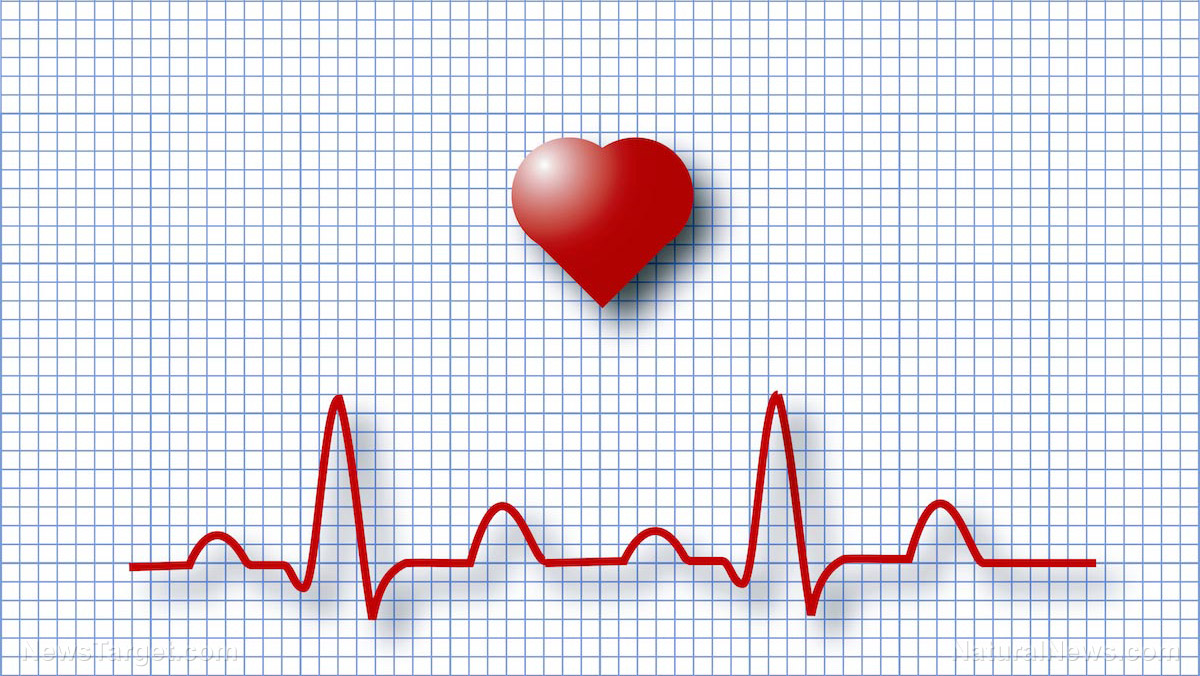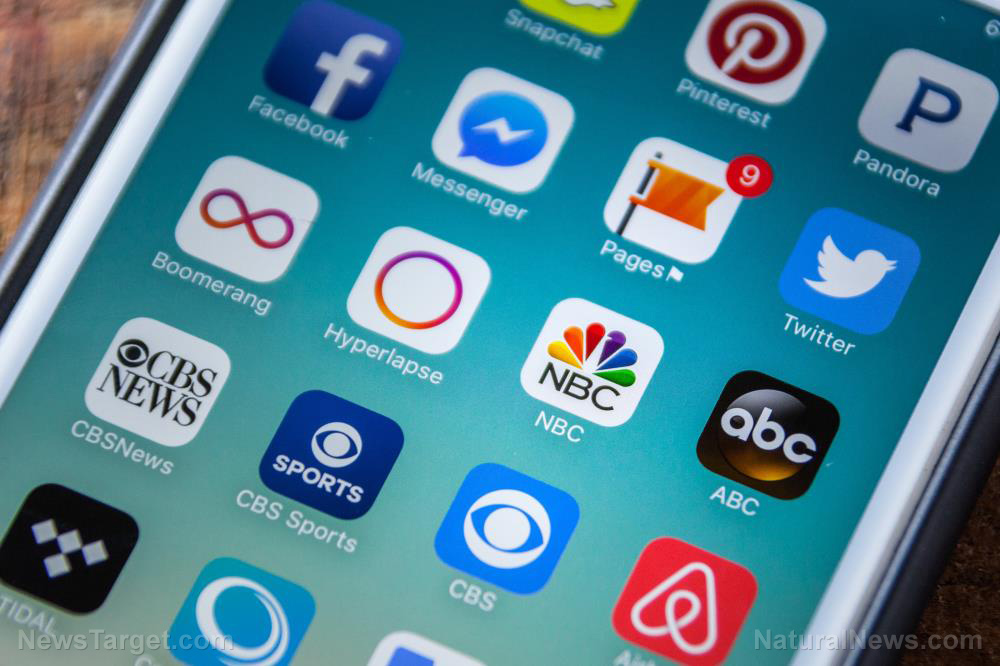The dangers of blue light from digital devices: It can harm your eye health
10/18/2018 / By Vicki Batts

Is your cellphone damaging your eyes? New research has highlighted yet another pitfall of modern technology: It’s slowly making you blind. A study just published in Scientific Reports has uncovered a sordid truth: Constant exposure to blue light from beloved cellphones and other devices leads to age-related macular degeneration, one of the leading causes of blindness in the United States. Experts agree that blue light can be bad for your eyes, but how this happens has just been uncovered.
Researchers from the University of Toledo have just discovered how blue light wreaks havoc on eye health. Lead study author Dr. Ajith Karunarathne, assistant professor in the UT Department of Chemistry and Biochemistry, commented, “It’s no secret that blue light harms our vision by damaging the eye’s retina. Our experiments explain how this happens, and we hope this leads to therapies that slow macular degeneration, such as a new kind of eye drop.”
According to Dr. Karunarathne, the cornea and lens of the eye are not able to block or reflect blue light. This inability, combined with unprecedented levels of exposure, is surely a recipe for yet another major health disaster.
Blue light and bad eyes
Blue light is emitted from the sun, as well as many of our favorite modern devices and gadgets — laptops, cellphones and tablets, to name a few. With our ever-increasing screen time, it comes as no surprise that blue light is slowly but surely affecting people’s vision. Macular degeneration is on the rise, and blue light could be playing a major role in what’s happening. Right now, some 11 million people in the U.S. have macular degeneration — but that number is expected to double by 2050.
Macular degeneration is caused by the death of photoreceptor cells in the eye, but how blue light affects this process was unknown — until Dr. Karunarathne and his team stepped in. The scientists found that “blue light exposure causes retinal to trigger reactions that generate poisonous chemical molecules in photoreceptor cells.” Retinal is a molecule photoreceptors need to sense light and send signals to the brain.
“You need a continuous supply of retinal molecules if you want to see. Photoreceptors are useless without retinal, which is produced in the eye,” Dr. Karunarathne says.
Kasun Ratnayake, a Ph.D. student researcher from Karunarathne’s lab, explains that when blue light and retinal meet, a toxic reaction occurs. “[I]f you shine blue light on retinal, the retinal kills photoreceptor cells as the signaling molecule on the membrane dissolves,” Ranayake says.
“Photoreceptor cells do not regenerate in the eye. When they’re dead, they’re dead for good,” he added.
The team discovered further that the toxicity of retinal and blue light can kill virtually any cell in the body. But there is hope — vitamin E can actually help protect eyes against the ill effects of blue light.
The benefits of vitamin E
As the scientists explain, they did discover something positive: Alpha tocoferol, a form of vitamin E, is a natural antioxidant in the body, and it actually prevents photoreceptor cells from dying — even when they’re exposed to blue light. The American Optometric Association (AOA) confirms this, noting that multiple studies have shown vitamin E can help prevent macular degeneration, and even cataract formation.
As AOA reports:
The landmark Age-Related Eye Disease Study (or AREDS), sponsored by the National Eye Institute, established that AMD is linked to nutrition. The study showed that a 400 IU/day intake of vitamin E, taken with beta-carotene, vitamin C and zinc supplementation, slows the progression of AMD by about 25 percent in individuals at high risk for the disease. Seven smaller studies have confirmed these results.
You can learn more about staying healthy as you age at Longevity.news.
Sources for this article include:
Tagged Under: bad tech, blindness, blue light, dangerous tech, disease causes, eye health, gadgets, Glitch, information technology, mobile electronics, smart phones, technology


















